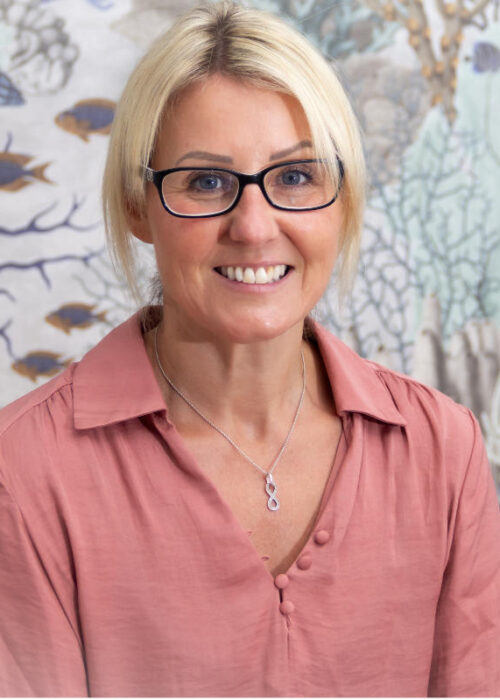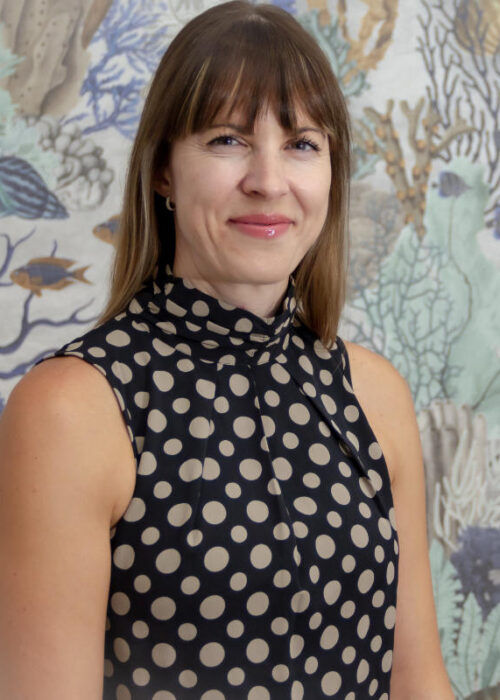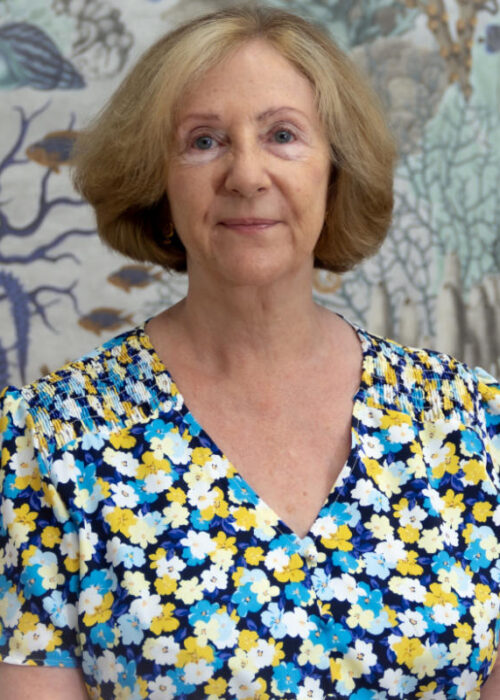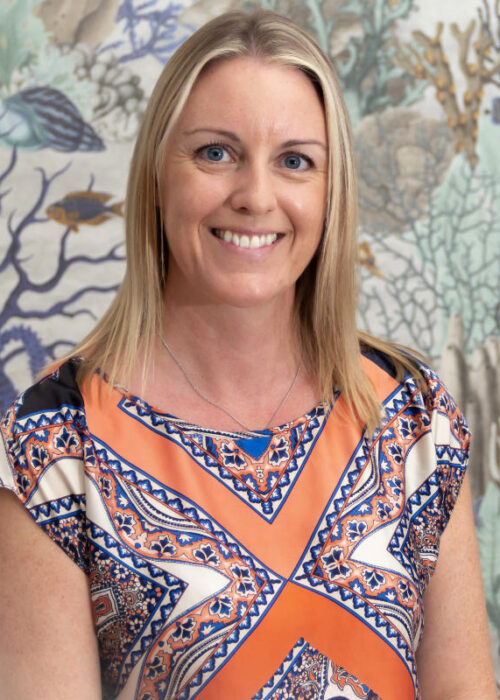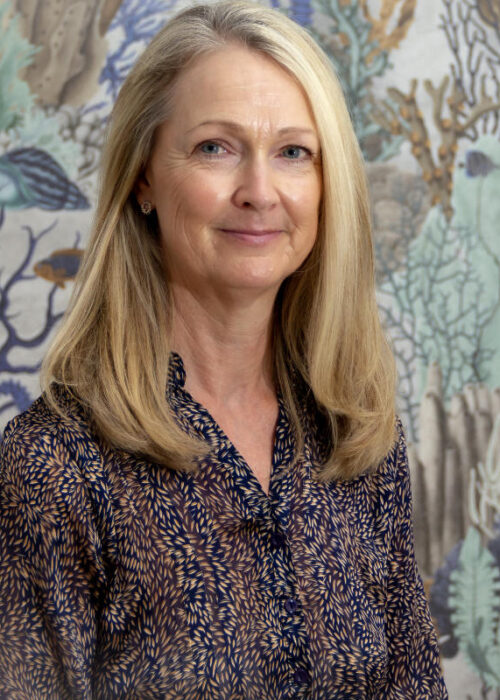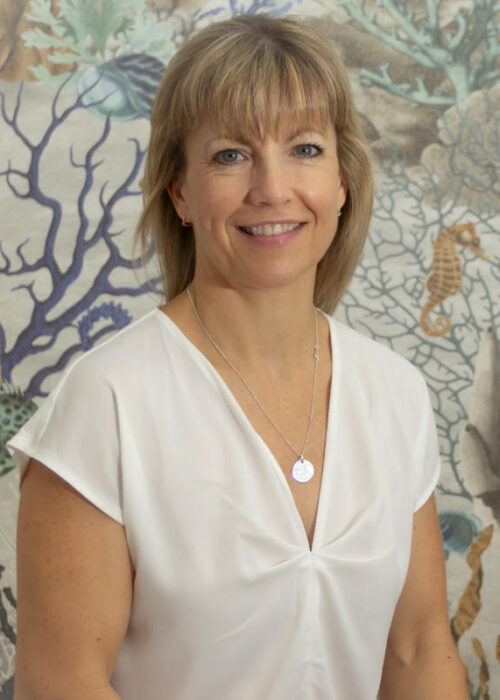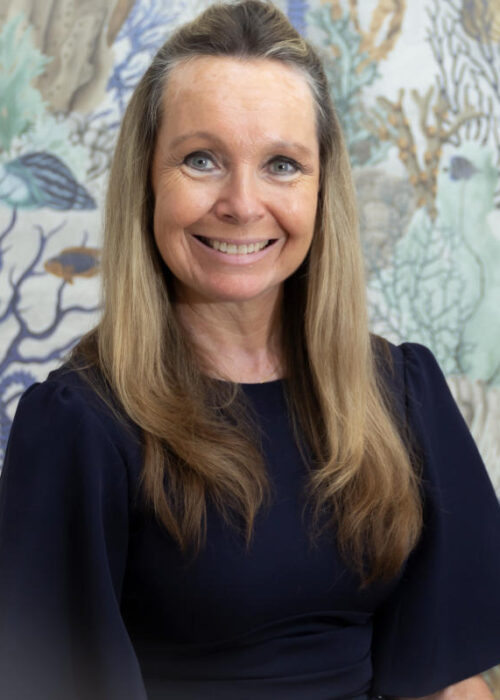First steps towards successful, lifelong learning
As children enter the world of education they embark on an exciting journey of attainment and discovery. These initial years are crucial in instigating and embedding a love of learning, establishing a solid infrastructure of knowledge to build upon in future years.
The Foundation Stage settings are paramount in nurturing a child’s natural curiosity, teaching invaluable social skills, enabling children to build self-confidence and develop critical thinking skills, whilst teaching them how to express themselves appropriately in day-to-day scenarios.
As a parent would you prefer your child to be busy, or your child to be busy learning?
IN SCHOOL – What does learning look like in a classroom?
 The setting in which children learn is imperative. Classrooms and schools that create an atmosphere of excitement and challenge, in which children feel safe to freely explore, are principal to their development. It can be tempting to guide children to the correct answers; however, children should have opportunity to learn from their mistakes and build upon their successes. Allowing them to come to conclusions of their own will mean they acquire thinking skills that will support future learning, both in school and at home.
The setting in which children learn is imperative. Classrooms and schools that create an atmosphere of excitement and challenge, in which children feel safe to freely explore, are principal to their development. It can be tempting to guide children to the correct answers; however, children should have opportunity to learn from their mistakes and build upon their successes. Allowing them to come to conclusions of their own will mean they acquire thinking skills that will support future learning, both in school and at home.
As children are naturally inquisitive, providing them with enjoyable, independent areas of learning, such as role-play spaces, book corners and challenge areas, facilitates the acquisition of knowledge, skills and understanding.
With all of this in mind, children are unique in their development and learn at different rates, determined by many different factors. By providing fun, multi-sensory exploration, incorporating a variety of learning styles, children can access learning at their own level, thus participating in their personal educational journey.
FROM HOME TO SCHOOL AND BACK AGAIN
Bridging the gap between home and school is a brilliant opportunity to understand how your child learns whilst having lots of fun. As a parent you can easily provide children with the same opportunities, hence linking the home and school environments. Doing so will support children reinforcing and processing what they have learnt, making sense of the world around them.
AT HOME – How can you as parents help children at home?
This is a stage of your child’s development which is magical and full of wonderment. You have the opportunity to enhance it and it is a lot of fun to get involved in.
You can enrich your child’s learning, making connections between what happens in school and at home:
- Talk to your child about their day at school and ask them to explain their learning to you.
- Encourage thinking skills by letting your child explore their natural surroundings and asking questions about it.
- Engage your child in creative, representational play.
- Explore stories, poems and rhymes. Look at the characters, settings, illustrations and discover the fun of role play.
- Identify numbers and print in the environment, look for patterns and play simple matching/sorting games.
By Kate Edwards – Head of Foundation Stage, Aloha College


